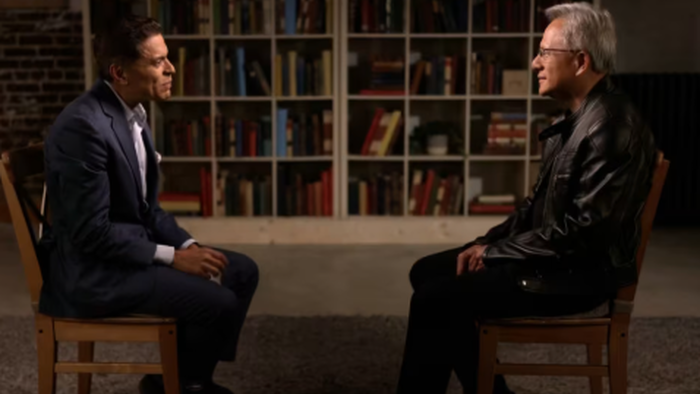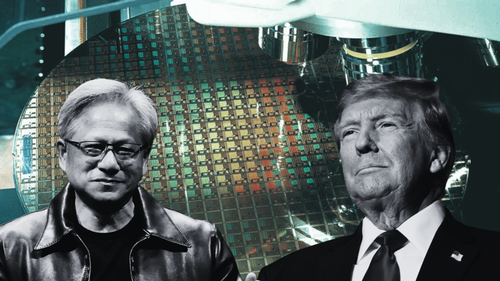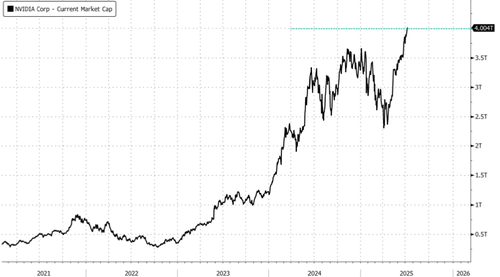


In an interview with CNN's Fareed Zakaria, Nvidia CEO Jensen Huang argued that, just as the internet was designed and built by American technology, so too should artificial intelligence be shaped by it globally. He emphasized the need to reopen markets where Nvidia's advanced chips are currently banned, such as China.
Zakaria asked Huang: "But what if, in doing that, you are also providing the Chinese military and Chinese intelligence with the capacity to supercharge, turbocharge their weapons with the very best American chips?"
Huang replied, "We don't have to worry about that, because the Chinese military, no different than the US military, won't seek each other's technology out to build critical systems."
"It could be limited at any time; not to mention, there's plenty of computing capacity in China already," he said, adding, "They don't need Nvidia's chips, certainly, or American tech stacks in order to build their military."
Huang's remarks follow years of bipartisan U.S. policy imposing trade restrictions on Nvidia's advanced AI chips to China. He argued that these export controls have been counterproductive, accelerating China's own AI chip ambitions. Huang contended that U.S. tech leadership means ensuring global AI systems are built on the American tech stack, rather than Chinese technology...
"We want the American tech stack to be the global standard ... in order for us to do that, we have to be in search of all the AI developers in the world," Huang said, noting that about half of the world's AI developers are based in China.
Huang's CNN interview comes just days after he met with President Trump at the White House late last week, and plans a scheduled trip to Beijing to meet with senior Chinese officials and attend the International Supply Chain Expo.
Huang has been vocal in recent months about the combined impact of the Biden-Harris regime and the Trump-Vance administration's export restrictions on advanced AI chips to China. In May, he told investors, "The $50 billion China market is effectively closed to U.S. industry."
However, the Trump team cancelled a planned rule by former President Joe Biden called the "AI diffusion rule," promising fewer restrictions later this year on which countries could receive Nvidia's advanced AI chips.
"The world is right now hungry, anxious to engage AI," Huang previously said, adding, "Let us get the American AI out in front of everybody right now."
Last week, Nvidia became the first company to close a trading day with a market cap over $4 trillion... This was a symbolic milestone for capital markets and the current bull cycle.
Huang is walking a very fine line between Washington and Beijing as he seeks to preserve Nvidia's global market access. The real question is whether China hawks in the White House will ever allow Beijing unrestricted access to Nvidia's AI chips—something that seems increasingly unlikely.


